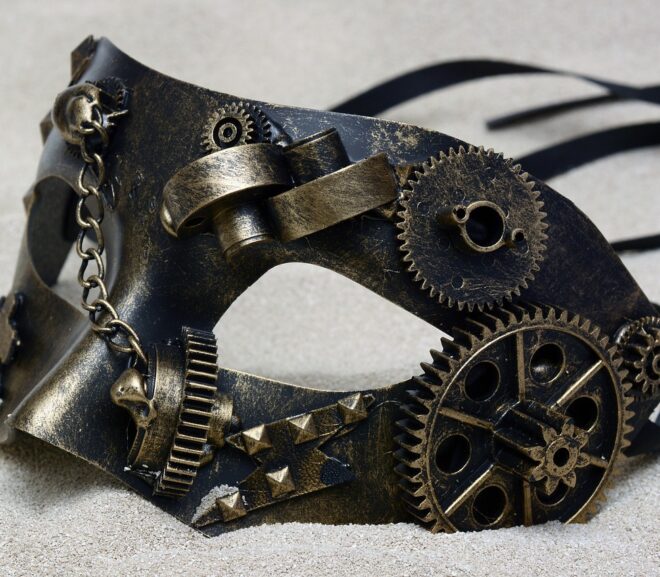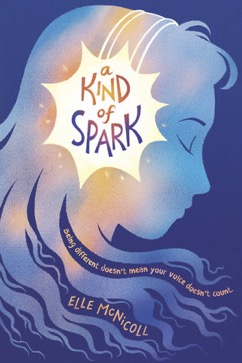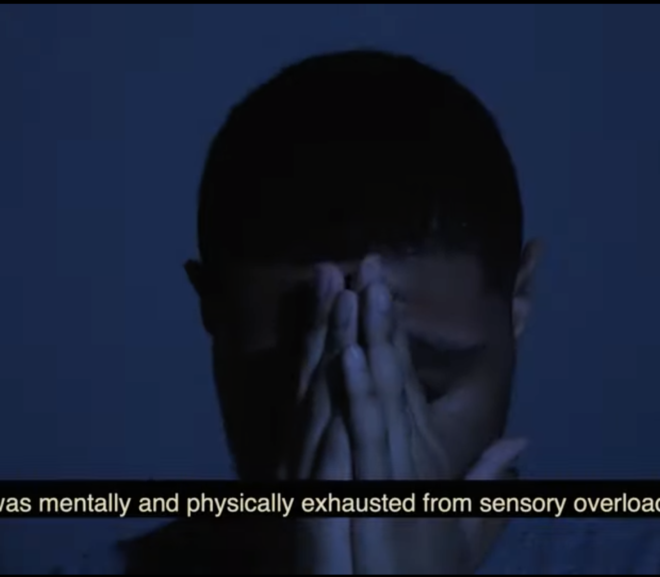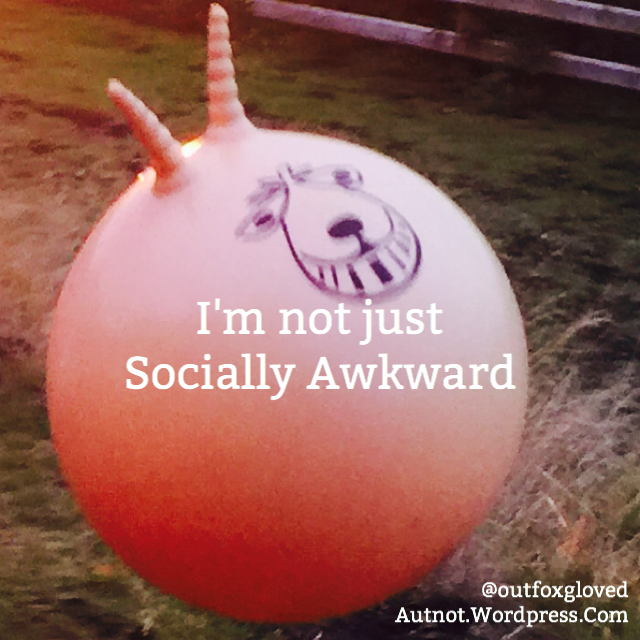The ability to express one’s authentic autistic self is much more complicated than an individual choice to unmask. Dr. Amy Pearson explores why this is, and what we can do in order to make the world a safer place for autistic people.
Tag: masking
Maybe there’s a reason autistic authors have often opted to write neurotypical characters. Maybe it’s proven to be more sellable and “believable” than their own experience. I’m upset, wondering how many wonderful autistic stories we’re missing out on as a world because of neurotypical gatekeeping.
Reading A Kind of Spark, I felt a part of myself represented and explained on the page that I’d never seen anywhere else before. I feel so much for Addie, the 12-year-old autistic main character: How she puts herself in the historical stories of witches, and how the injustice of their history upsets her, while others seem detached.
I guess there’s not many spaces where I feel safe to be myself without great repercussions. If I’m not dealing with racism, it’s homophobia, and if I’m not dealing with that it’s ableism.
I truly do not know why some parents don’t want to listen to autistic adults. There is so much good autism information for parents from autistic adults, and so much of it is freely available, and yet the parents choose not to know.
On being angry and frustrated at the celebration at children’s “recovery” from autism, by people who will not actually bear the consequences of losing that diagnosis, for the rest of their lives.
Lily Levy at INSAR 2018 [image: Lily Levy, a white British woman, presenting a poster at an autism conference.] INSAR 2019, the International Meeting For Autism Research, starts in three days. Before we begin our coverage, we’d like to emphasize research and themes from last year’s conference INSAR 2018, in Rotterdam—so we can proceed with a grounded sense of how the two conference’s priorities compare and contrast, especially in terms of research that affects autistic people’s quality of life (QoL). A consistent QoL theme of INSAR 2018 was autistic camouflaging, also known as “masking” or “passing.” We spoke with Lily Levy, who led the INSAR 2018 presentation For Better or for Worse? Social Camouflaging, Mental Health and Wellbeing in Autistic Adults. Content note: Discussion of suidicality, bullying, and trauma. Shannon Rosa of TPGA: I’m at INSAR 2018 with Lily Levy, whose group presented the poster on Social Camouflaging, Mental Health and Wellbeing…
Kerima Çevik theautismwars.blogspot.com The author’s idea of what displaying autism positivity looks like [Image: a Black woman over 50 with braided gray hair wearing Neurodiversity 3.0 by ThinkGeek, a black T-shirt with a world globe design on the upper chest area in the shape of a human brain, colored in physical map fashion i.e., water is colored light blue and land masses green, clouds white, looking to her left over bent wire-rimmed glasses in that way that mothers look at their children when an outrageous behavior has just ensued.] There is an article in a paper called The Daily Net, about singer Toni Braxton’s 16-year-old son Diezel working as a professional model for the past two years. The article refers to him as “formerly autistic.” It goes on to say he has, “fortunately, moved past” autism and is now a celebrity himself. Apparently, when her son was thirteen, Ms. Braxton…
Photo courtesy the author [image: Blurry photo of a pink ride-on bouncy balloon with an animal face and two “horns” for handles. Overlaid white text reads, “I’m not just socially awkward.” Smaller white text in the lower right corner reads, “@oufoxgloved” and “Autnot.Wordpress.com”] Rhi Lloyd-Williams autistrhi.com When I tell people I’m autistic, it usually goes one of two ways; either they can’t make me fit into their idea of what autism is and completely reject it, or they mark me down as “socially awkward” and leave it there. Autism explains my lack of constant contact, it explains my monologuing about things that interest me, it explains why on social occasions I move around a room like a loose cog in a machine—catching on things, getting stuck in places, jarring against this and that before being knocked into a corner and staying there. Those are the things about me that you…
The sad truth is that so many Autistic people, children and adults, go through autistic burnout with zero comprehension of what is happening to them, and with zero support from their friends and families.









